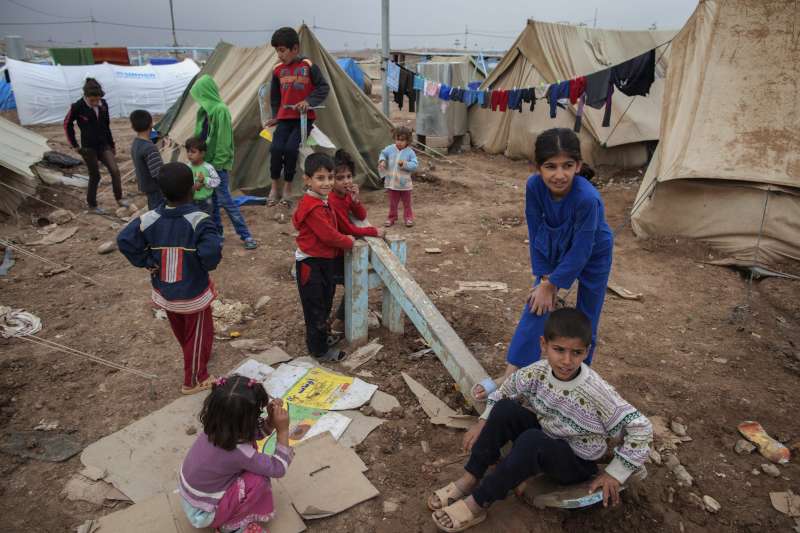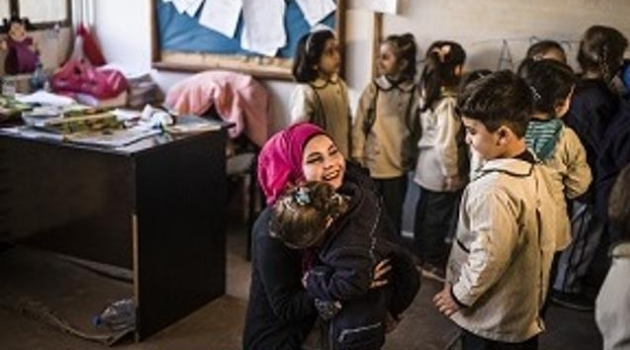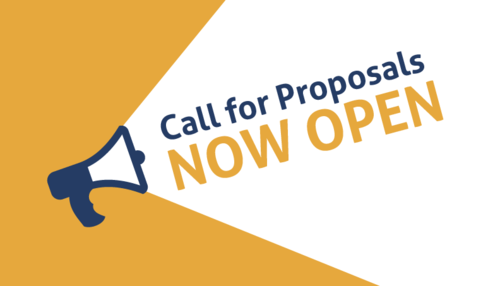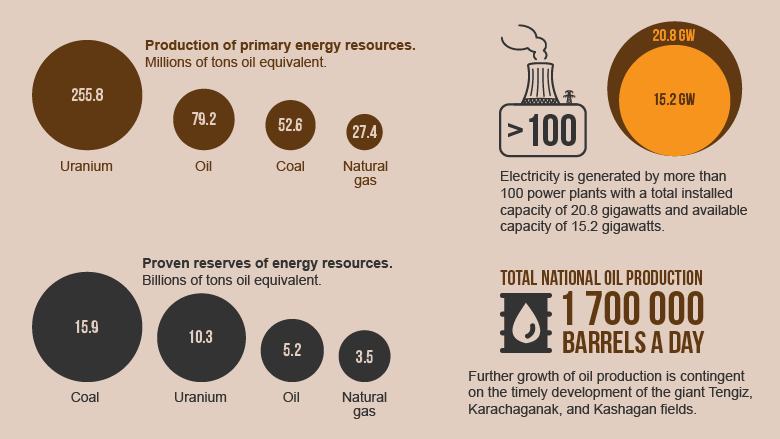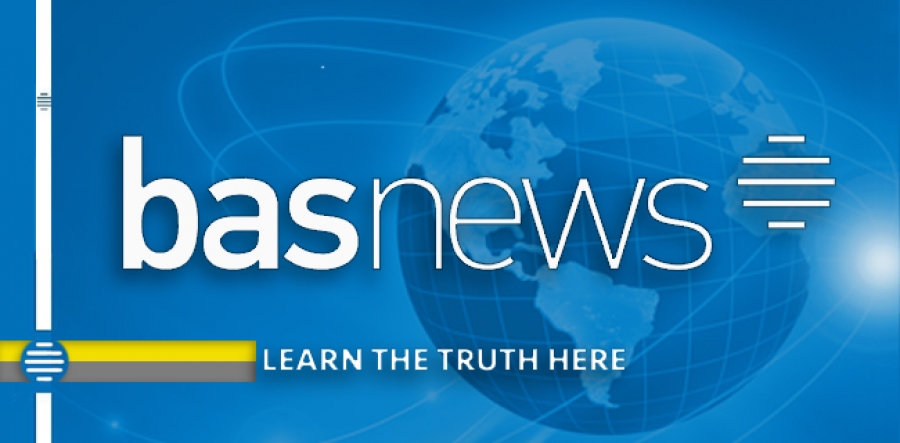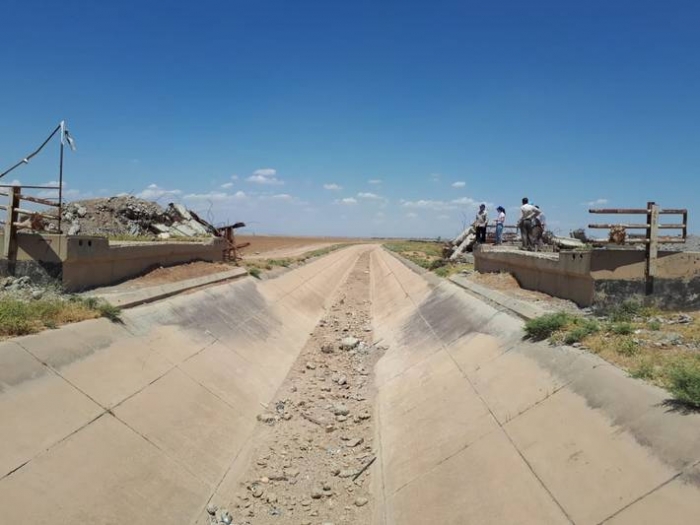Vulnerable farming families in post-conflict areas in Iraq’s Ninewa plains, west of Mosul, will be able to better withstand shocks thanks to a European Union-funded UN Food and Agriculture Organization (FAO) project that aims to increase household income while building, repairing and maintaining local infrastructure and creating communal and public productive assets.
The €6 million project funded by the Madad Fund – the European Union’s Regional Trust Fund in response to the Syrian crisis – is part of FAO’s Recovery and Resilience Programme. The programme contributes to reducing chronic, or acute food insecurity, malnutrition, poverty, and associated risks and vulnerabilities in Iraq’s agriculture sector.
“The European Union has responded promptly to the very urgent needs of the most vulnerable families that were affected by the conflict in northern parts of Iraq,” said Fadel El-Zubi, FAO Representative in Iraq. “Thanks to the support from the European Union, households will enhance their resilience and ability to cope with shocks by increasing their net earnings,” he said.
Cash-for-work to improve access to water
Through cash-for-work activities, 1 250 households will be able to earn an income, directly benefiting around 7 500 people. Critically, the results of this work will also enable farmers to access water for crop irrigation and livestock, through the rehabilitation and construction of water catchments, roads, river embankments and secondary canals.
“Once these important agricultural assets and irrigation infrastructure are restored, the project will provide water for 70 000 hectares of currently unproductive land that can be used for winter wheat crops, and the spring and autumn vegetable seasons,” El-Zubi said. “This means 30 000 vulnerable farming households (180 000 people) will be able to produce food on their land again.”
Many of the families participating in the cash-for-work component of the project have no other income. Participants include women and other marginalized groups, with the work benefiting the community as well as individuals and families.
FAO’s humanitarian response
As the Government of Iraq moves towards a focus on rehabilitation and recovery, humanitarian needs remain. Under the Humanitarian Response Plan 2018, FAO requires $10.2 million to assist 116 100 people in the areas of livestock, plant pest outbreak control and food security coordination.
Over the longer term, under the Iraq Recovery and Resilience Programme 2018-2019, FAO requires $76 million to assist 1.6 million people by restoring agriculture and water systems and revitalizing communities.
FAO’s focus remains on ensuring rural families have the resources to re-establish and secure their agricultural livelihoods and build their resilience into the future. FAO’s work, in close coordination with the Iraqi government, supports families returning to retaken areas, internally displaced families, host communities and refugees from Syria.
(Source: UN)

